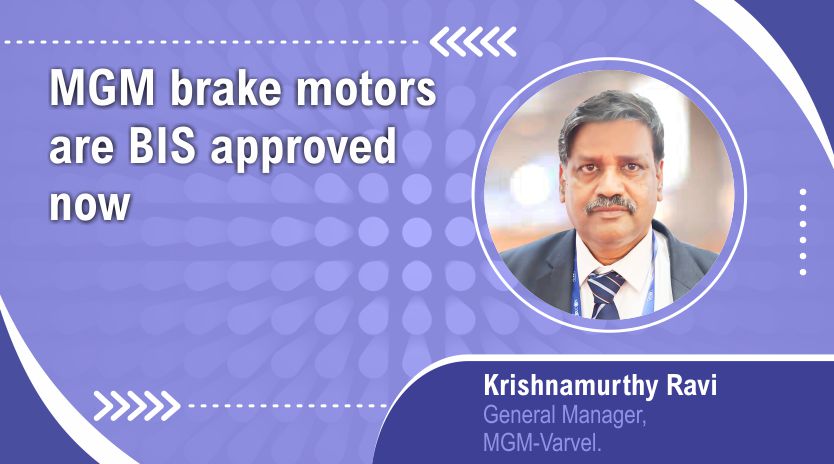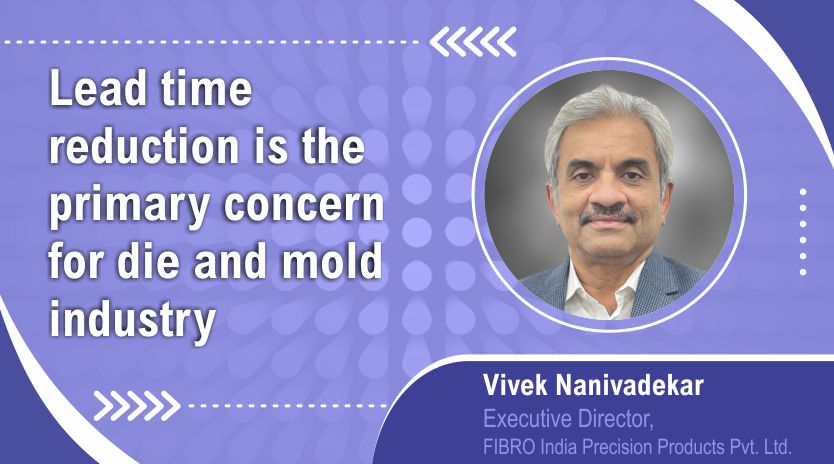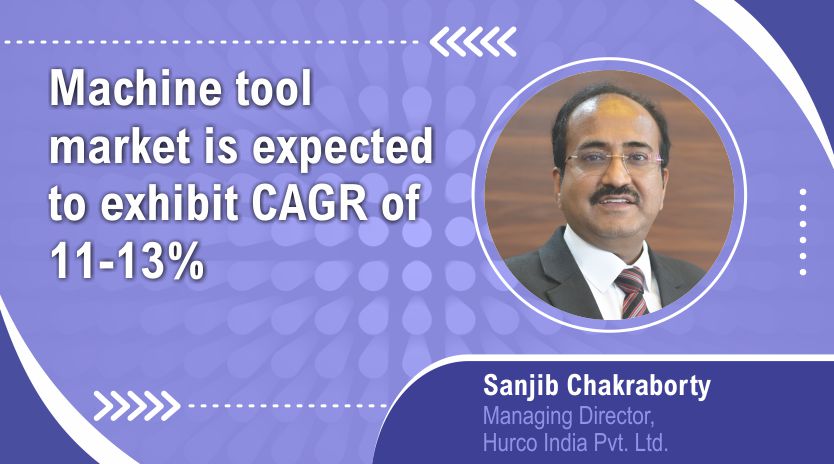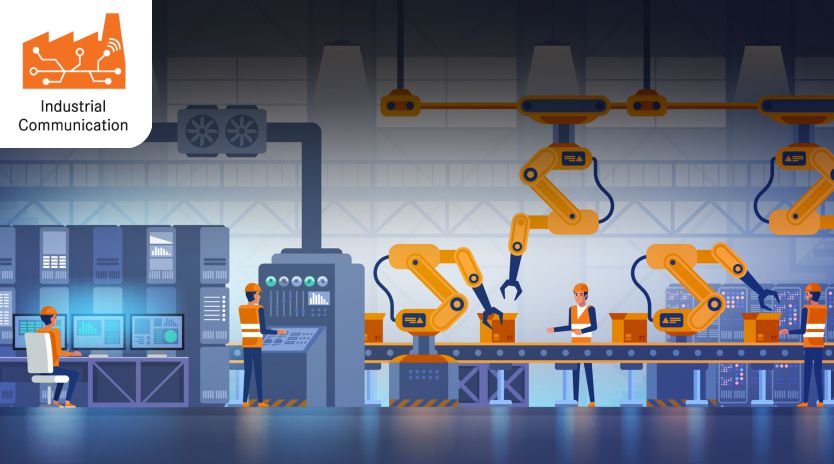Preparing manufacturers for the IIoT business models of tomorrow
By OEM Update Editorial June 10, 2020 4:14 pm IST
Industry 4.0 brings computers and automation together with smart factories, robotics, and machine learning algorithms, reducing input from human operators and increasing production speed and efficiency.
Mahesh Gurav, Product Manager, Exor India Pvt Ltd discusses the advantages of advanced technologies such as Industry 4.0, smart factories, robotics, and machine learning, while also explaining how the company’s IIoT solutions provide optimal service connectivity, faster time to market, easy decision-making, and maximised user value creation and revenue.
How has your company’s journey been in the adoption of smart factories?
The Industrial Internet of Things (IIoT), also known as Industry 4.0, involves connecting devices and sensors together in order to gather and aggregate information and present it in a meaningful and useful way.
Traditionally, this has been the job of a localised Supervisory Control and Data Acquisition (SCADA) system. An IIoT solution can be stand-alone or part of an existing SCADA system. The overall goal of an IIoT system is to notify personnel of alarm conditions and to have access to historical data in order to analyse the given process. Ultimately, this allows maintenance personnel to respond and take corrective actions quickly to an alarm condition. Providing business executives access to real-time production data can help to identify areas for possible cost savings.
Industry 4.0 is bringing computers and automation together with smart factories, robotics, and machine learning algorithms, reducing input from human operators and increasing overall production speed and efficiency.
Founded in 1971 in Italy as a custom engineering company, EXOR developed its first HMI in 1989. Since then, the company has evolved from a traditional HMI hardware designer and manufacturer to a complete IIoT solution provider. EXOR meets the machine builder’s wish to have both the interface and the control in the same package. The company provides organisations with easy-to-use high-tech tools fully responsive to the concepts of Industry 4.0. As the first company worldwide to develop an industrial glass touchscreen HMI, the only company that produces HMI and Systems on Module (SOM) on a single platform, and the only company developing SOM in the industrial automation sector with almost 50 years’ experience, EXOR today is a force to reckon with.What kind of steps do companies, including MSMEs, need to take for the adoption of smart factories?
Communication across multi-vendor, multi-protocol, and multi-device environments while facilitating cloud-connectivity is an important step. Concerning hardware, EXOR caters to all current and future market needs from the SOM level up to the SCADA and master level panels.
How have machine learning (ML), artificial intelligence (AI), robotics, automation and big data been implemented by OEMs to move towards a Connected Enterprise?
Companies are on the lookout for Industry 4.0 solutions that can ensure interoperability, end-to-end connectivity, information transparency, decentralised decision-making, technical assistance, and more. The answer to all these requirements is EXOR International, operating globally, designing, developing, and manufacturing solutions in human-machine interface (HMI), control, and industrial IoT (IIoT).
What are the challenges faced by OEMs while transitioning towards smart factories?
Major challenges to IoT implementation are:
- Choosing a technology that will be obsolete in a few years’ time
- Achieving end-to-end connectivity
- The level of understanding of the workforce
- Cybersecurity
- The need to store vast quantities of data
What kind of technological advancements can we expect with respect to smart manufacturing in the coming years?
While Amazon, Google, IBM, Bluemix, and others provide commercial clouds, EXOR has built an industrial cloud known as Corvina Cloud. Leveraging decades of experience, expertise, and state-of-the-art technology, Corvina Cloud aggregates real-time plant floor data into one user-friendly, accessible, and a secure industrial platform enabling companies to improve processes, increase productivity and make more informed decisions. Corvina Cloud 1.0 facilitates advanced connectivity management without traditional VPN issues. The solution also offers seamless routing and secure device installation. EXOR is also working on Corvina Cloud 2.0 that shall manipulate, store, visualise data, and put it in usable KPIs. Delivering uptime and industrial performance, Corvina Cloud reduces the installation and maintenance costs today, and prepares organisations for the IIoT business models of tomorrow.
EXOR’s IIoT solution today includes software (JMobile), hardware (microSOM), and cloud technologies (Corvina Cloud) to enable optimal service connectivity, faster time to market, easy decision-making, and maximising user value creation and revenue.
Cookie Consent
We use cookies to personalize your experience. By continuing to visit this website you agree to our Terms & Conditions, Privacy Policy and Cookie Policy.
















